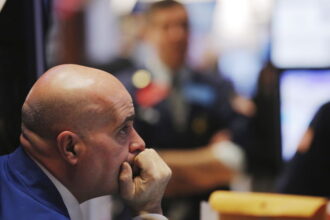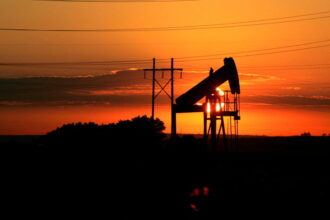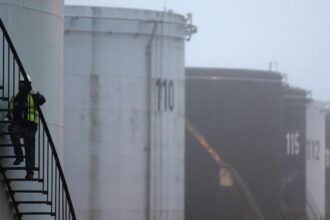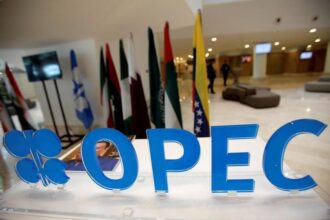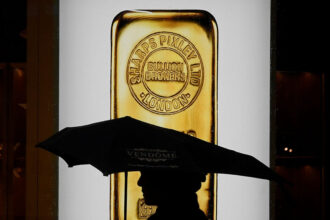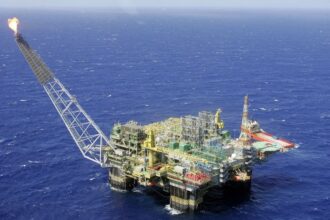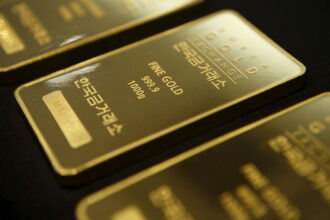JAKARTA (Reuters) – Indonesia has asked the United States to begin talks on a trade deal for critical minerals so that exports from the Southeast Asian country can be covered under the U.S. Inflation Reduction Act, an Indonesian ministry said on Thursday.
The request was made when Indonesian President Joko Widodo met with U.S. Vice President Kamala Harris on the sidelines of meetings hosted by the Association of Southeast Asian Nations (ASEAN) in Jakarta on Wednesday.
Under guidelines for the U.S. law issued in March, Washington has required that a certain amount of critical minerals in electric vehicle (EV) batteries be produced or assembled in North America or a free trade partner, for EVs sold in the United States to be eligible for tax credits.
Indonesia does not have a free trade agreement with the United States, but the resource-rich country has ambitions to become a major player in the manufacturing of EVs and their batteries, leveraging its vast nickel reserves.
“Indonesia is a producer and holder of the world’s biggest nickel reserves amounting to 21 million metric tons, so Indonesia can become a supplier for … batteries and EVs in the U.S.,” Jokowi, as the president is popularly known, was quoted as saying by the Indonesian ministry of economic affairs.
“Indonesia invites the U.S. to discuss the formation of the Critical Mineral Agreement,” Jokowi added.
The president also hoped that Indonesia’s involvement in the U.S.-led Indo-Pacific Economic Framework (IPEF) could allow its mineral exports to be recognised for “green subsidies” under the inflation act, according to the ministry’s statement.
The plan to propose a limited free trade deal with the United States was first brought up in April by senior Indonesian minister Luhut Pandjaitan, who said Jakarta wanted to offer Washington an agreement akin to the March deal between Japan and the Western power for EV battery minerals.
Harris, during the opening speech of the bilateral meeting, said she would continue to work with Indonesia to build supply chains that included “critical minerals required to expand our clean energy economies” and to boost trade between the two countries through IPEF.
Read the full article here



